Taylor Swift Deepfake Scandal Puts Pressure On Hollywood As Fans Say AI Is 'Never Acceptable'
By Kelly Coffey-Behrens on August 28, 2025 at 7:30 PM EDT
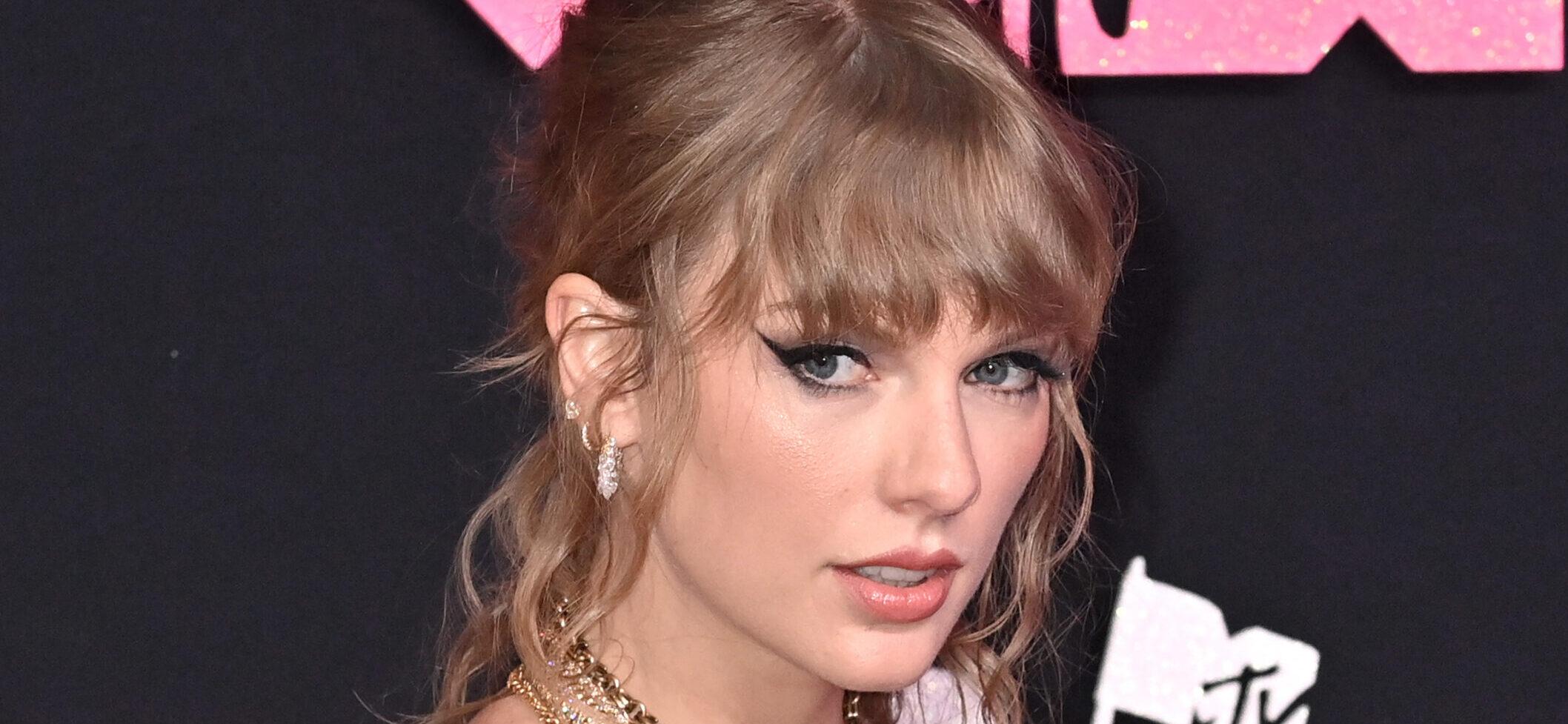
Taylor Swift is no stranger to dominating headlines, whether it’s her record-breaking "Eras Tour," chart-topping albums, or her recent engagement to NFL star Travis Kelce. But now, the pop superstar has become the unwilling face of a disturbing new trend. AI-generated deepfakes. Earlier this month, it was revealed that Elon Musk’s xAI Grok Imagine tool was able to create misleading, sexualized AI videos of Taylor Swift, sparking outrage from fans and igniting a broader debate about AI ethics in Hollywood and beyond.
Survey Shows 97% Of Americans Reject AI Use Without Consent Amid Taylor Swift Deepfake Scandal
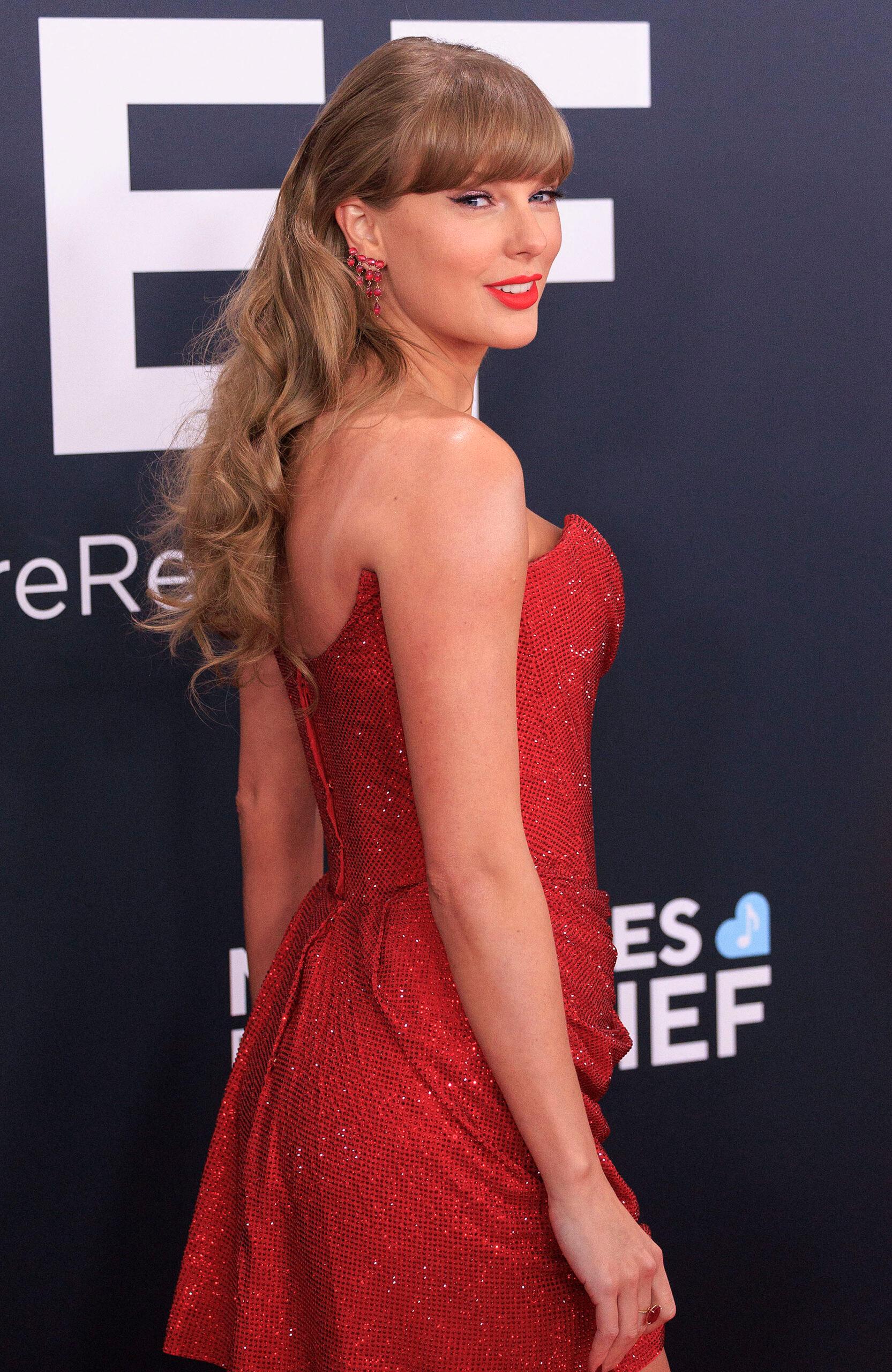
The controversy comes at a time when deepfake technology has flooded social media with fabricated celebrity clips, leaving fans questioning what’s real and what’s fake. From doctored Tom Cruise TikToks to manipulated news footage, the growing use of AI has created what experts are calling a “trust crisis” in entertainment and media. For Taylor Swift, who has spent years carefully crafting her brand and fiercely protecting her image, the scandal underscores just how vulnerable even the world’s biggest stars can be in the digital age.
According to a new TruthScan survey of 1,000 U.S. adults, 62% say it is "never acceptable" for movies or media to use AI to depict real people without consent. An overwhelming 97% rejected the use of someone’s likeness without permission, with only limited exceptions, such as satire or historical reenactments.
Poll Reveals 8 In 10 Americans Worry AI Could Be Used To Scam Them Or Their Families
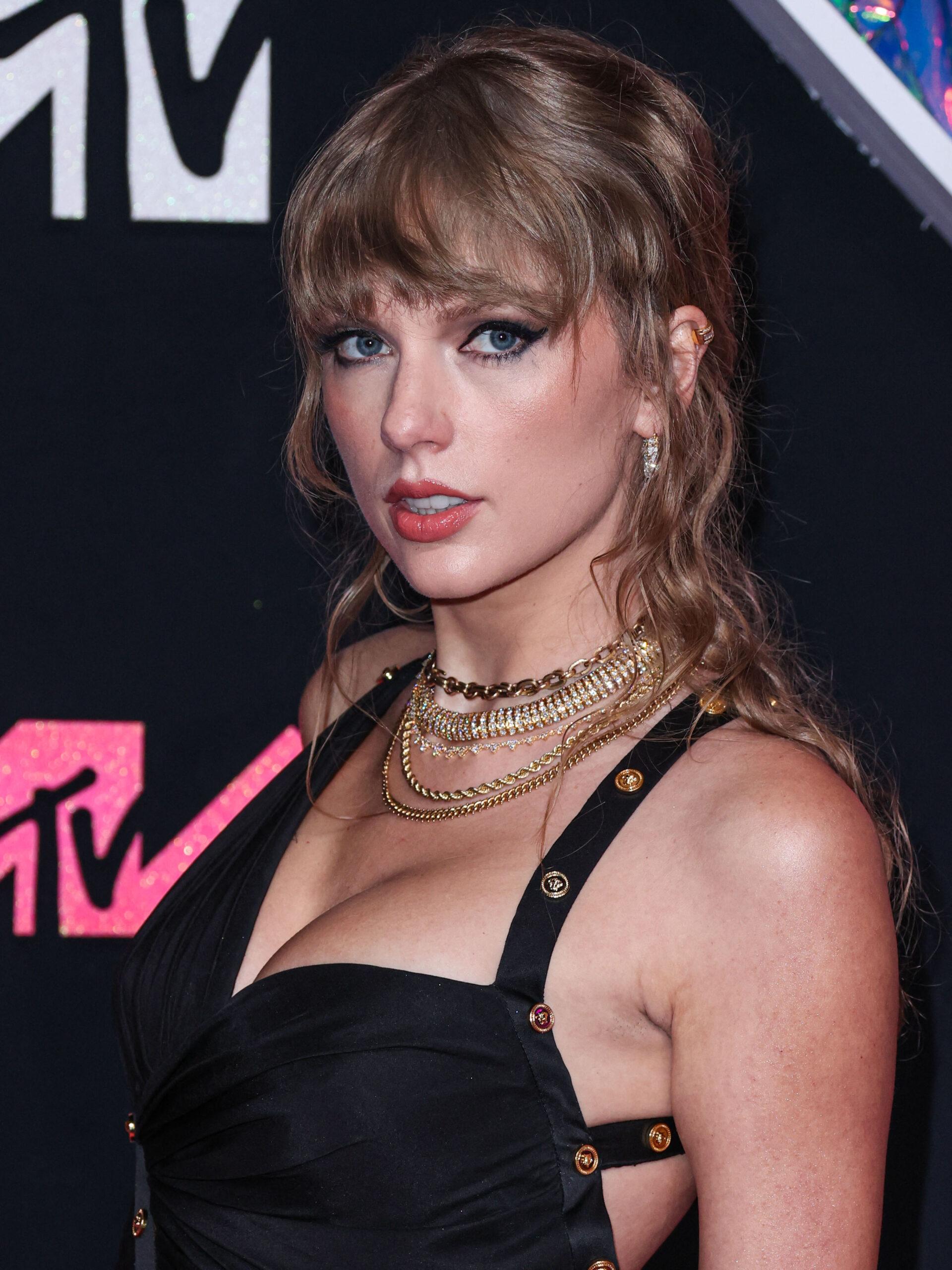
The findings come amid an explosion of deepfake celebrity clips online. The poll revealed 85% of Americans now feel less likely to trust what they see online compared to just a year ago.
The fear isn’t just about stars. Eight in ten respondents admitted they worry AI could be used to impersonate them or family members in scams or fake recordings. Video manipulation ranked as the biggest concern (73%), followed by images, audio, and text.
Benjamin Miller, COO of Undetectable AI, told The Blast the issue boils down to control. “People are more comfortable using AI themselves in ways they find helpful, but it is larger corporations or bad actors using AI that scares them,” he explained.
It’s not only advanced deepfakes driving concern. Low-effort “cheapfakes," edited clips that exaggerate or distort reality, are also spreading rapidly on YouTube. A recent viral example featured a fake video of Mark Wahlberg being scolded on "The View." These clips are designed to stir outrage, often without disclosing their synthetic nature, adding to what experts warn is a growing “trust crisis.”
Taylor Swift’s Viral Deepfake Scandal Sparked Global Outrage
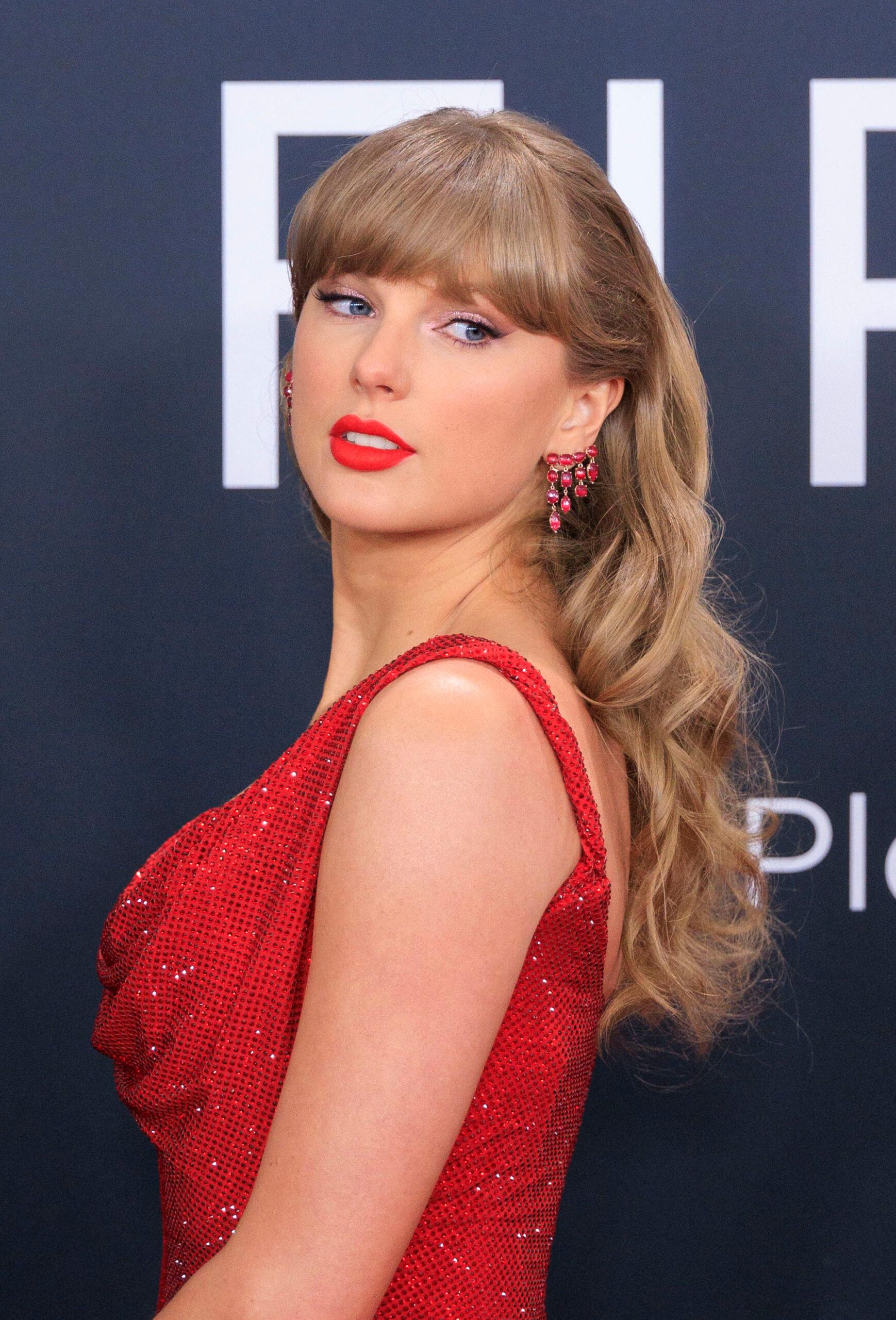
Taylor Swift has been one of the most high-profile victims of AI abuse, with a disturbing deepfake scandal going viral just last year. Explicit AI-generated images of the singer circulated across social media, primarily X (formerly Twitter), and racked up more than 47 million views in under 24 hours before the account was suspended.
By that time, the damage was done. Users had already downloaded and shared the content through other channels, underscoring how impossible it is to fully contain harmful AI-generated material once it spreads.
#TaylorSwiftAI Trends As Disturbing Deepfakes Highlight Dangers Of Online Exploitation
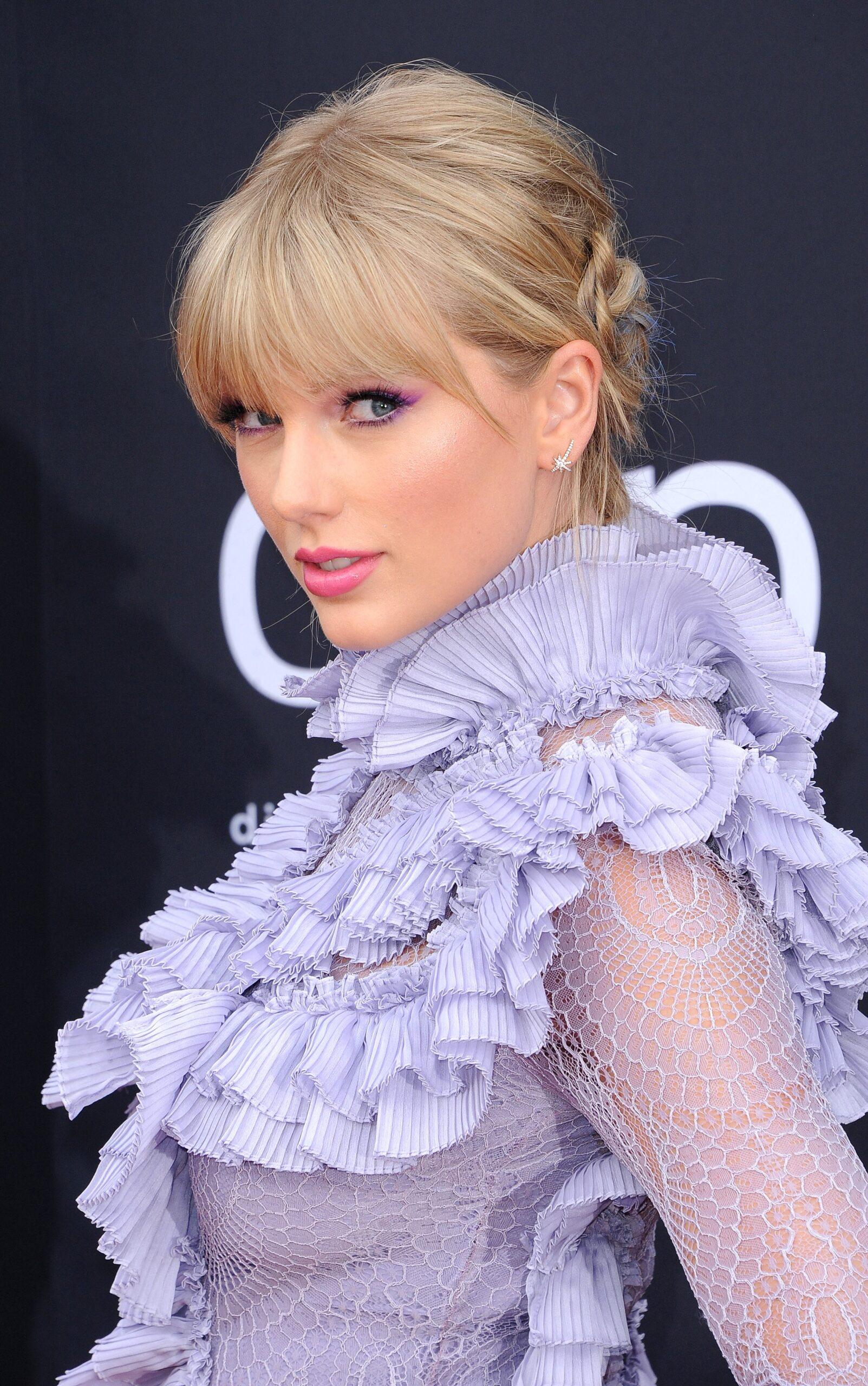
The incident prompted the hashtag #TaylorSwiftAI to trend, and her team scrambled to initiate legal takedowns. But as many experts pointed out, the speed of distribution meant Swift’s likeness was exploited well beyond her control.
Critics likened the moment to other troubling cases of “fake p-rnography” and revenge p-rn targeting female artists and business leaders online.
Taylor Swift Slams AI After Trump Campaign Shares Fake Endorsement Images

Swift later connected the scandal to broader concerns about misinformation and political manipulation, noting that the Trump campaign had also shared fabricated AI-generated images falsely suggesting she and her fans supported his re-election bid. On Instagram, Swift admitted the situation “really conjured up my fears around AI, and the dangers of spreading misinformation,” adding that “the simplest way to combat misinformation is with the truth.”
Her comments echoed the frustration of fans and advocacy groups who argue that the rise of cheap, easily accessible AI tools has created a dangerous environment where celebrities, and ordinary people, can be impersonated without consent.